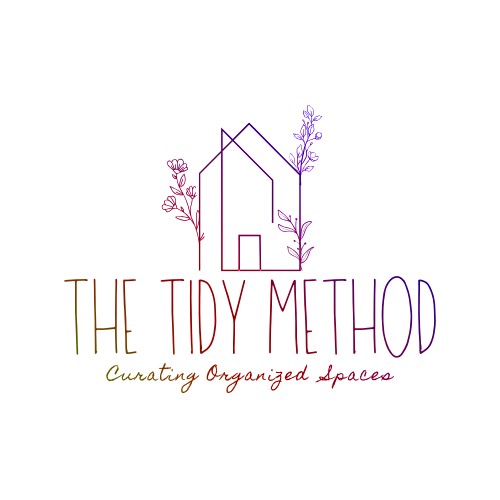Have you ever noticed how a messy room can make you feel anxious, unfocused, or overwhelmed? That feeling isn’t just in your head. A growing body of research shows that our physical environments have a direct and measurable impact on our mental well-being. Clutter is more than just a physical nuisance; it’s a significant source of psychological stress.
Your Brain on Clutter
Your brain is constantly processing information from your surroundings. When your environment is cluttered, it creates an overload of visual stimuli that compete for your attention. Neuroscientists have found that this visual chaos makes it difficult for your brain to focus and process information effectively, limiting your cognitive resources (McMains & Kastner, 2011). This constant low-level distraction can leave you feeling drained, irritable, and mentally fatigued.
More than just a distraction, clutter can actively elevate stress hormones. A landmark study found that women who described their homes as “cluttered” or full of “unfinished projects” had significantly higher levels of the stress hormone cortisol throughout the day compared to women who described their homes as “restful” and “restorative” (Saxbe & Repetti, 2010). Chronically elevated cortisol is linked to anxiety, depression, and difficulty coping with everyday stress. Other research has directly linked possession clutter to procrastination and lower life satisfaction, suggesting that our physical mess is often a reflection of, and contributor to, our mental state (Roster et al., 2016).
Decluttering for Mental Clarity
The act of decluttering is a powerful way to regain a sense of control and calm. By intentionally choosing what to keep, you are making decisive actions that can reduce the feelings of helplessness that often accompany a chaotic environment. The benefits are clear:
- Reduced Anxiety and Stress: An organized space reduces visual noise and the constant “to-do” list that clutter represents, allowing your nervous system to relax (Saxbe & Repetti, 2010).
- Improved Focus: With fewer distractions competing for your brain’s attention, you can dedicate more mental energy to the tasks that matter (McMains & Kastner, 2011).
- Enhanced Mood: Taking control of your environment provides a sense of accomplishment and mastery, which can boost self-esteem and overall mood.
You don’t need to overhaul your entire home at once. Start by clearing a single surface, like your kitchen counter or a desk. Experiencing the immediate mental relief of that one clear space can provide the motivation to continue, creating a calmer, more supportive environment for your mind.
References
- McMains, S., & Kastner, S. (2011). Interactions of Top-Down and Bottom-Up Mechanisms in Human Visual Cortex. Journal of Neuroscience, 31(2), 587–597.
- Roster, C. A., Ferrari, J. R., & Jurkat, M. P. (2016). The dark side of home: Assessing possession ‘clutter’ on subjective well-being. Journal of Environmental Psychology, 46, 32-41.
- Saxbe, D. E., & Repetti, R. L. (2010). No Place Like Home: Home Tours Correlate With Daily Patterns of Mood and Cortisol. Personality and Social Psychology Bulletin, 36(1), 71–81.
